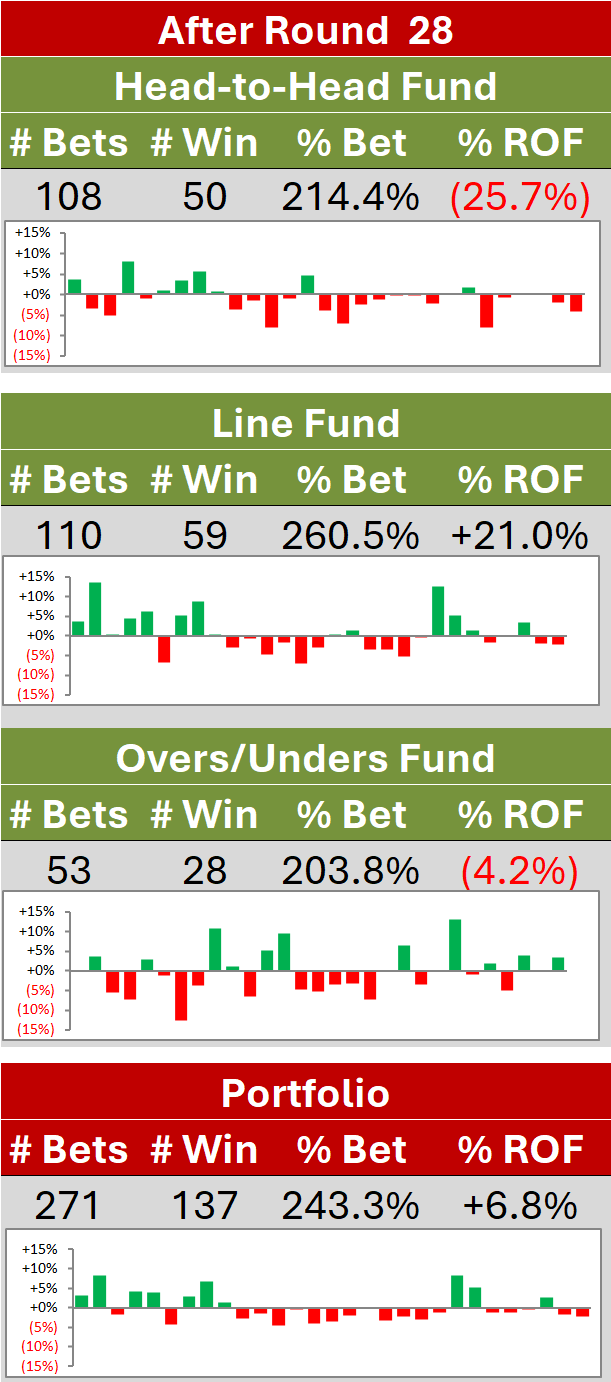Who's Best To Play At Home?
/The 2015 AFL Schedule is imbalanced, as have been all AFL schedules since 1987 when the competition expanded to 14 teams, by which I mean that not every team plays every other team at home and away during the regular season. As many have written, this is not an ideal situation since it distorts the relative opportunities of teams' playing in Finals.
As we'll see in this blog, teams will have distinct preferences for how that imbalance is reflected in their draw.
Read More
